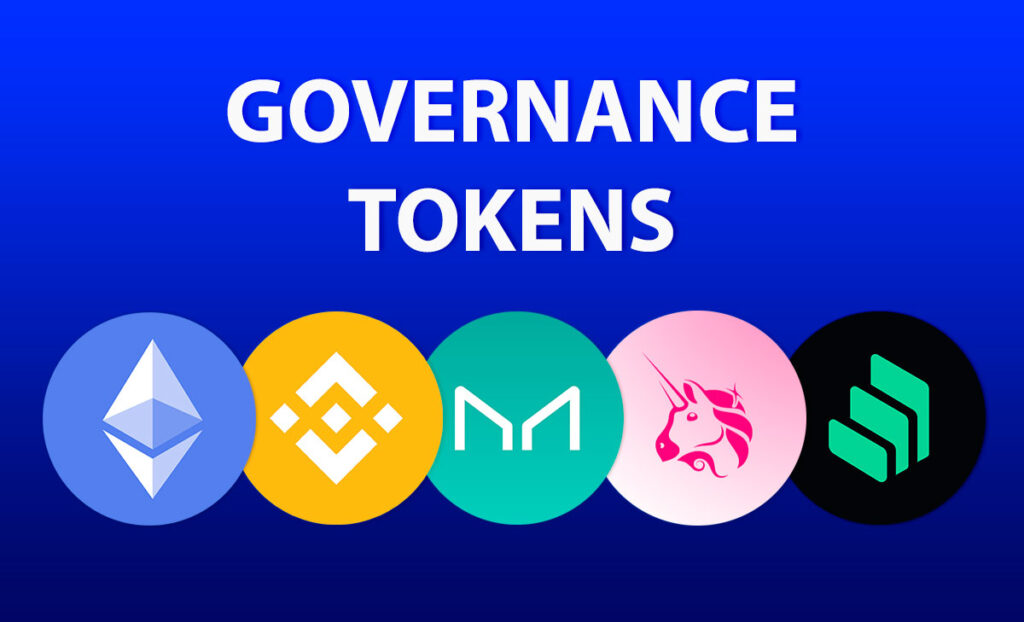If utility tokens give you access to a service or product within a decentralized ecosystem, then governance tokens give you a voice – a direct say in how that ecosystem evolves. Think of them as voting shares in a company, but instead of boardrooms and corporate suits, the decisions are made by a global community.
What Are Governance Tokens?
Simply put, governance tokens are digital assets that grant their holders the right to vote on the future development and direction of a blockchain project or Decentralized Autonomous Organization (DAO).
Unlike traditional companies, where decisions are made by a central board of directors or majority shareholders, governance tokens distribute that power among the community.
How Do They Function?
Here’s the basic cycle:
-
Holding Power – You need to hold a project’s governance token to participate.
-
Proposals – Community members (often meeting a token threshold) can submit new ideas or changes.
-
Voting – Token holders cast votes “for” or “against.” The more tokens you hold, the more weight your vote carries.
-
Execution – If a proposal passes with enough votes (quorum), it gets implemented, often through smart contracts.
What Do Token Holders Vote On?
Governance tokens can shape almost every corner of a project’s future, including:
-
Protocol Upgrades & Features – Approving improvements or entirely new versions.
-
Fee Structures – Adjusting fees, lending rates, or rewards.
-
Treasury Allocation – Deciding how community funds are spent (development, grants, marketing).
-
Grant Programs – Supporting external developers and contributors.
-
DeFi Parameters – Tweaking collateral ratios, liquidity thresholds, or stability fees.
-
Community Rules – Defining the principles that guide a DAO.
Why Do Governance Tokens Matter?
These tokens are not just about votes—they embody the decentralized ethos:
-
True Decentralization – Power shifts from founders to users.
-
Community Ownership – Holders have a direct stake in success.
-
Transparency – Every proposal and vote is recorded on-chain.
-
Innovation & Resilience – A diverse voter base sparks better solutions.
-
Aligned Incentives – Users, developers, and token holders all benefit together.
Challenges to Keep in Mind
-
Low Voter Turnout – Many holders don’t participate, weakening governance.
-
Whale Influence – Large holders can dominate votes, undermining fairness.
-
Complex Proposals – Technical details can be difficult for everyday users to grasp.
Real-World Examples
-
Uniswap (UNI): UNI holders decide on fees and treasury usage.
-
Aave (AAVE): Controls risk levels, interest rates, and platform upgrades.
-
MakerDAO (MKR): Governs the DAI stablecoin’s collateral and stability settings.
Final Thoughts
Governance tokens go beyond being “just another crypto.” They embody community-driven decision-making in Web3, representing both ownership and responsibility. By understanding them, you begin to see how power, value, and innovation intersect in decentralized ecosystems.

